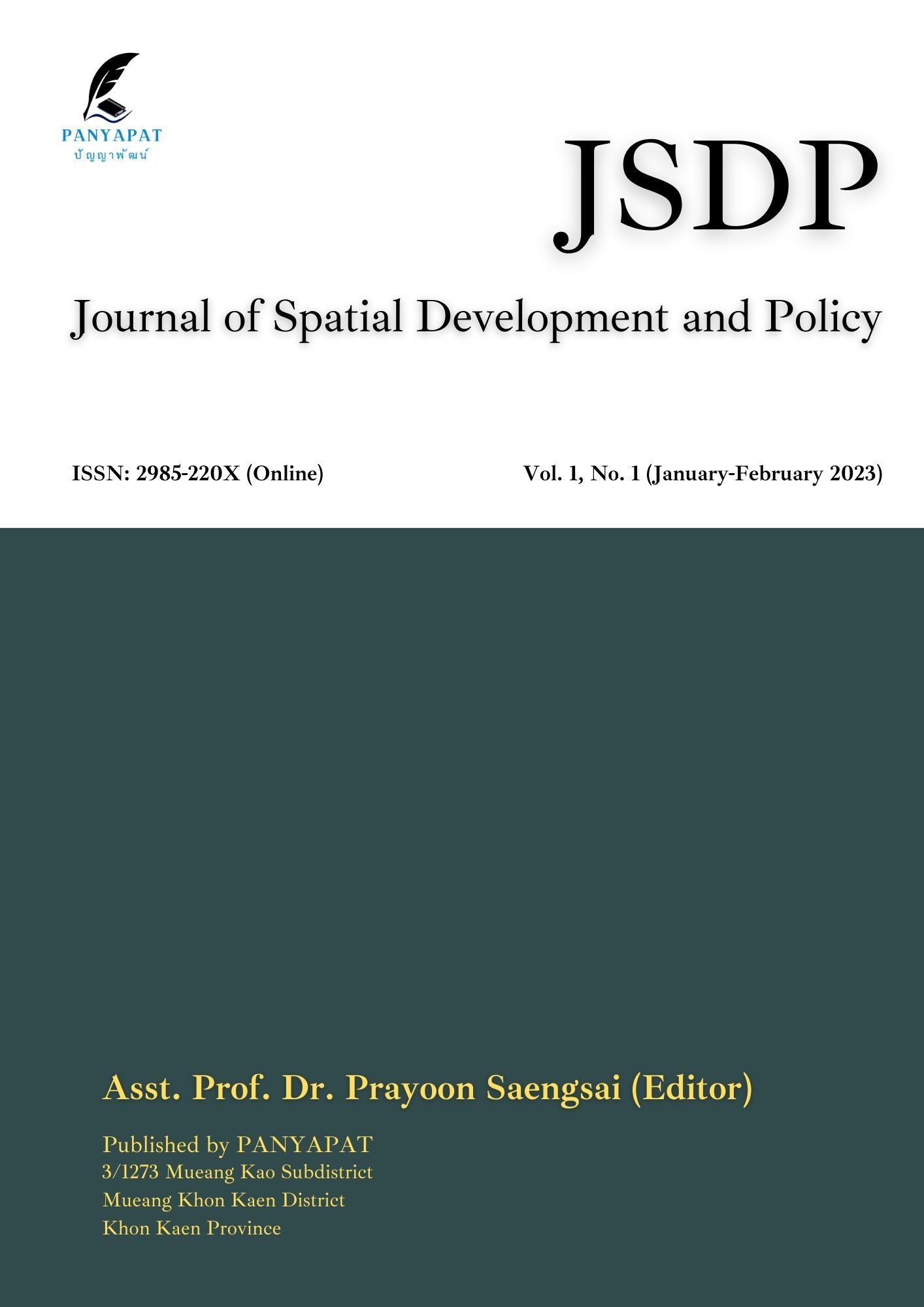An Analysis of the Buddhist Social Work in a Case Study
Main Article Content
Abstract
The objectives of this research article were (1) to study the social work according to Buddhism; and (2) to analyze the social work with a case study according to Buddhism. This was qualitative research to collect all data from paper and related researches in accordance with the social work with the descriptive analysis. A result of this study was found that Sangha made the social work about giving people materials and giving them Dhamma. To give materials was useful to make people happy because they gave the Sangha four elements of life and to give Dhamma was useful to make people understand Buddha’s teachings and resolve the daily problems. The characteristics of the monks’ social work stressed Blikamma 5. The principle of social work depended upon the public benefits and a way of social work dealt with giving materials, forgiving, and giving knowledge. The social work in Buddhism according to the sample was concluded that Phrakhrusutasasanakan helped all people who were a drunkard and a drug addict by asking them to follow Threefold Training: observance of morality, the concentration training, and the use of wisdom to resolve the daily problems including to take Thai herb. Phrakhrusilavarakon helped people who had no chance of education and occupation such as allowing people to live in the temple, establishment of the nursery school to the secondary school, and supporting students to learn the bachelor’s degree. Phrapaphophat Ciradhammo helped the patients who had got cancer in the final time span by asking them to follow six principles: contemplation on general manner, emotions, food, and Four Noble Truths without attraction to all related things.
Article Details

This work is licensed under a Creative Commons Attribution-NonCommercial-NoDerivatives 4.0 International License.
References
จรินทร์ ยังสังข์. (2541). บทบาทพระสงฆ์ในการเปลี่ยนแปลงทางสังคม. (ศึกษาศาสตรมหาบัณฑิต, มหาวิทยาลัยเชียงใหม่).
ณรงค์ เส็งประชา. (2538). มนุษย์กับสังคม. (พิมพ์ครั้งที่ 3). กรุงเทพฯ: โอเดียนสโตร์.
พระกอบชัย เขมานนฺโท (แซ่อึ้ง). (2551). การศึกษาบทบาทพระครูศีลวราภรณ์ (เฉลิม ฐิติสีโล) ในการประยุกต์หลักไตรสิกขาเพื่อพัฒนาเยาวชนไทย. (พุทธศาสตรมหาบัณฑิต, มหาวิทยาลัยมหาจุฬาลงกรณราชวิทยาลัย).
พระครูสุวรรณวรการ. (2553). การศึกษาบทบาทของพระสงฆ์ในการพัฒนาชุมชนในจังหวัดปทุมธานี. (พุทธศาสตรมหาบัณฑิต, มหาวิทยาลัยมหาจุฬาลงกรณราชวิทยาลัย).
พระธรรมปิฎก (ป.อ.ปยุตฺโต). (2542). ธรรมกับไทยในสถานการณ์ปัจจุบัน. (พิมพ์ครั้งที่ 4). กรุงเทพฯ: กองทุนวุฒิธรรมเพื่อการศึกษาและปฏิบัติธรรม.
พระมหาไพฑูรย์ อุทัยคาม. (2546). การศึกษาวิเคราะห์แนวคิดเรื่องทานตามหลักจริยศาสตร์กับความเข้าใจ เรื่องทานของชาวไทยพุทธ : ศึกษาเฉพาะกรณีในกรุงเทพมหานคร. (อักษรศาสตรมหาบัณฑิต, มหาวิทยาลัยมหิดล).
พระวัชรินทร์ กตธมฺโม (วงศ์วรรณ). (2553). การรักษาโรคมะเร็งด้วยวิปัสสนากัมมัฏฐานตามแนวทาง ของพระปพนพัชร์ จิรธมฺโม (ภิบาลพักตร์นิธี) วัดคำปะมง อำเภอพรรณานิคม จังหวัดสกลนคร. (พุทธศาสตรมหาบัณฑิต, มหาวิทยาลัยมหาจุฬาลงกรณราชวิทยาลัย).
มหาวิทยาลัยมหาจุฬาลงกรณราชวิทยาลัย. (2539). พระไตรปิฎกฉบับภาษาไทย. กรุงเทพฯ: โรงพิมพ์มหาจุฬาลงกรณราชวิทยาลัย.
สมัย บุษราคัม. (2551). การศึกษาเชิงวิเคราะห์การแก้ปัญหาการดื่มสุราของกลุ่มเครือข่ายพัฒนาชุมชน : ศึกษากรณีโครงการหมู่บ้านปลอดสุราของอำเภอน้ำพอง จังหวัดขอนแก่น. (พุทธศาสตรมหาบัณฑิต, มหาวิทยาลัยมหาจุฬาลงกรณราชวิทยาลัย).

